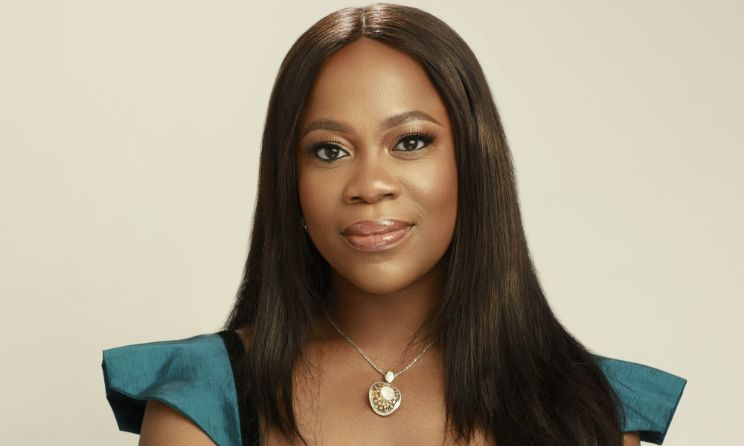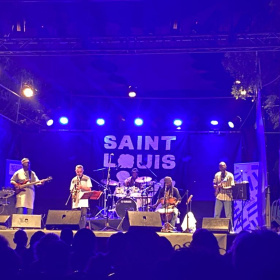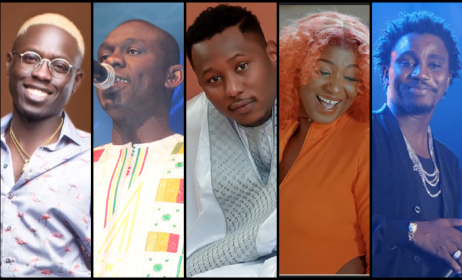YouTube exec urges African artists to use platform to boost careers
YouTube’s head of music for sub-Saharan Africa, Addy Awofisayo, has called on creators in the region to take advantage of tools available on the platform to advance their careers.
 YouTube’s head of music for sub-Saharan Africa, Addy Awofisayo.
YouTube’s head of music for sub-Saharan Africa, Addy Awofisayo.
Speaking on Ghana's 3Music TV’s Culture Daily breakfast show on Thursday, Awofisayo touched on features like YouTube Shorts and Live Redirect, as well as publishing content other than music videos on the platform to help musicians and other creators maximise their reach and engagement.
Launched nearly two years ago, Shorts is a 15 to 60-second-long, user-generated video feature on the platform. This week, YouTube unveiled plans to let creators monetise Shorts as part of the YouTube Partner programme.
Live Redirect allows creators to interact with their fans ahead of the release of their videos and allows people on live chat to automatically access the video when it is published.
“A lot of artists think they can only post music videos on YouTube, but we always tell them that the videos that do well in terms of engagement are those that are not music videos,” Awofisayo said. “[It is] your tour diaries, your behind-the-scenes, your live chats, your animations, and [other] things like this that fans want to engage with.”
On specific initiatives YouTube has introduced to boost the careers of African musicians, Awofisayo touched on the platform’s Black Voices Fund geared toward directly supporting and mentoring black artists, songwriters and producers globally. Last year, eight Africans were inducted into the #YouTubeBlack Voices Music Class of 2022, including Nigeria’s CKay, Omah Lay, P.Priime and Telz, Uganda’s Azawi as well as Major League DJz, DJ Lag and Elaine from South Africa.
She also spoke on the Foundry Class, an artist development drive for young independent acts offering them seed funding and dedicated partner support from YouTube in the form of marketing, promotion and content development. Nigerian artists including Rema, Tems and Bella Shmurda are among notable alumni of the programme.
On the impact of digital release methods in the African music space, Awofisayo said: “Radio is still king, especially in this part of our world, where access to data is not easily available, but streaming has made people’s music travel without a visa. So a Black Sherif song can be heard in China. I don’t know if he’s ever been to China. That’s what streaming has done. It has basically broken the barriers and widened the audience for these artists to be able to have a global reach.”
Meanwhile, YouTube is running a songwriting camp in Ghana this week. “The programme will assemble female songwriters from across the continent to create music and empower themselves,” Awofisayo said.


























Commentaires
s'identifier or register to post comments